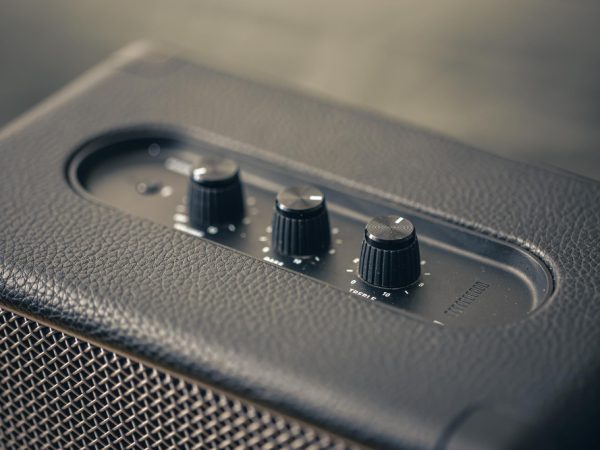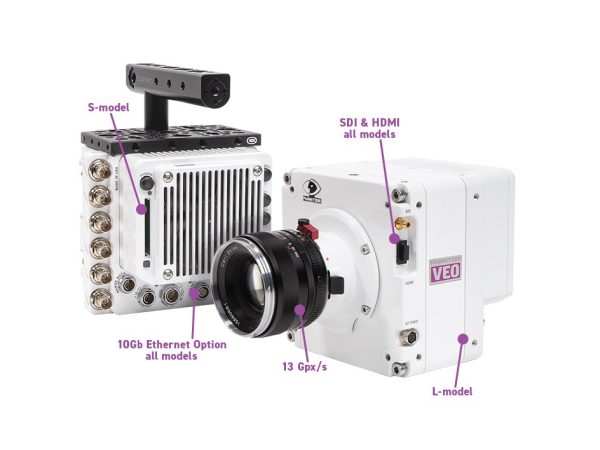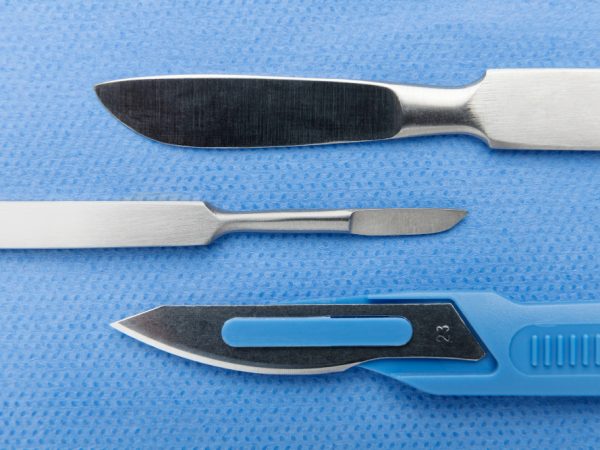Carrier vs Aspen Coil: Which A/C Coil Is Better for Your HVAC System? | HVAC Comparison Guide

Your home’s air conditioning system depends heavily on its coils. Whether you are dealing with a faulty evaporator coil or considering an upgrade, the brand you choose can have a major impact on performance, efficiency, and overall comfort. Two of the most popular coil brands are Carrier and Aspen. Both are well-known for quality and reliability, but they have important differences that can affect your decision.
This detailed comparison of Carrier vs Aspen coils explores their construction, energy efficiency, durability, cost, and more so you can determine which option fits your HVAC needs best.
The Role of A/C Coils
Before comparing brands, it is helpful to understand what A/C coils do. There are two main types of coils in an air conditioning system. The evaporator coil is located indoors and absorbs heat from the air, while the condenser coil is outside and releases that heat. Together, they enable the refrigeration cycle that cools your home.
The quality of these coils directly influences your comfort, energy efficiency, and repair costs. A poorly designed coil can lead to leaks, corrosion, and frequent breakdowns, while a well-made coil can last for years with minimal maintenance.
Overview of Carrier Coils
Carrier is one of the most respected names in the HVAC industry. Founded over a century ago, the company is known for pioneering many of the technologies that define modern air conditioning. Carrier coils are engineered for precise performance and are typically designed to work best with Carrier air handlers and condensers.
Carrier coils are made from high-quality copper or aluminum. They feature advanced Microtube technology, which increases surface area for better heat transfer. The brand emphasizes quiet operation, corrosion resistance, and long-term reliability. Carrier coils are also tested rigorously before leaving the factory, and they are often part of systems that meet or exceed ENERGY STAR efficiency standards.
Overview of Aspen Coils
Aspen Manufacturing is another leading coil producer and one of the largest independent manufacturers in North America. Unlike Carrier, Aspen does not make complete HVAC systems but specializes in coils that fit a variety of brands. This makes Aspen a popular choice for contractors and homeowners looking for reliable replacement parts at a reasonable price.
Aspen coils are available in both copper and all-aluminum configurations. They are designed for compatibility with multiple HVAC systems, not just one manufacturer. The company focuses on producing durable coils that are factory pressure-tested to prevent leaks. Aspen coils are also known for their easy installation and maintenance, which makes them a convenient choice for many technicians.
Build Quality and Materials
Build quality and materials are two of the biggest factors that affect a coil’s performance and lifespan. Carrier’s coils are engineered with precision and often use enhanced aluminum fin designs that improve airflow and heat transfer. Their Microtube technology provides efficient cooling and reduces refrigerant volume, which improves overall performance.
Aspen coils are also built to last. They offer models made entirely from aluminum, which helps prevent corrosion in humid environments. Many Aspen coils use grooved tubing inside to enhance refrigerant flow and efficiency. While Carrier’s manufacturing process tends to be more specialized and consistent, Aspen’s universal design offers a practical balance of quality and affordability.
Overall, Carrier coils are known for superior craftsmanship, while Aspen provides more flexible and cost-effective solutions.
Energy Efficiency and Performance
Energy efficiency is a major factor in the long-term cost of owning an HVAC system. Carrier coils are designed to work seamlessly with their branded condensers and compressors. This integration helps maximize energy efficiency, often achieving SEER ratings from 16 to 20 or more, depending on the system.
Aspen coils also perform well, especially when paired with efficient equipment from brands like Goodman, Lennox, or Trane. They typically achieve energy ratings in the 14 to 18 SEER range. While Aspen coils do not always match the fine-tuned optimization of Carrier’s proprietary systems, they still provide solid performance for the cost.
In most cases, Carrier systems will deliver slightly higher efficiency, but Aspen remains a strong performer for homeowners seeking good cooling results at a lower price point.
Durability and Maintenance
A coil’s durability determines how long it can provide reliable service before developing leaks or corrosion. Carrier invests heavily in materials and coatings that protect against environmental damage. Their coils are designed to resist corrosion, particularly in coastal or humid regions. With proper maintenance, many Carrier coils last 15 to 20 years.
Aspen coils are also durable but tend to have a slightly shorter lifespan, averaging around 10 to 15 years. Their advantage lies in their simplicity and ease of repair. Replacement parts are widely available, and many HVAC technicians are familiar with Aspen products, which makes servicing straightforward.
If long-term reliability is your top priority, Carrier may have the advantage. If you value easy maintenance and cost-effective repairs, Aspen is a practical option.
Compatibility and Installation
One of Aspen’s strongest selling points is compatibility. Aspen coils are designed to fit a variety of systems from different manufacturers. This makes them ideal for homeowners who need to replace a coil but do not want to replace the entire HVAC system.
Carrier coils, by contrast, are engineered specifically for Carrier systems. When used as part of a complete Carrier setup, they offer outstanding performance. However, they may not fit or perform correctly with non-Carrier equipment.
If you already own a Carrier HVAC system, sticking with Carrier parts will ensure the best performance and warranty coverage. If you are working with a mixed system or replacing only one component, Aspen offers the flexibility you may need.
Cost Comparison
Cost is often the deciding factor in choosing between these two brands. Carrier coils are more expensive due to their advanced technology, high-quality materials, and brand reputation. They usually cost more upfront but provide excellent long-term value through durability and efficiency.
Aspen coils are generally more affordable. Their universal compatibility and wide availability make them a popular choice for budget-conscious homeowners. While you might sacrifice some efficiency and lifespan, you save money on the initial investment and installation.
If budget is your main concern, Aspen offers a strong balance between cost and performance. If you are investing in a long-term HVAC solution, Carrier may be worth the extra cost.
Warranty and Support
Warranty coverage is another key factor to consider. Carrier offers a 10-year limited parts warranty when the system is registered and installed by a certified dealer. This warranty reflects the brand’s confidence in its product reliability.
Aspen offers warranties ranging from 5 to 10 years, depending on the specific model and distributor. While Aspen’s warranty coverage is solid, it may not be as comprehensive or consistent as Carrier’s. However, Aspen coils are available through many suppliers, making it easier to find replacements or service when needed.
Carrier’s support network is larger and more established, but Aspen’s accessibility provides a different kind of convenience, especially for independent HVAC technicians.
Choosing the Right Coil for Your Needs
Ultimately, the decision between Carrier and Aspen coils comes down to your specific priorities. Carrier coils are ideal if you want maximum energy efficiency, seamless system performance, and long-term reliability. They are best suited for homeowners who already own Carrier systems and prefer to keep everything brand-aligned.
Aspen coils are the better choice for homeowners who want flexibility, lower costs, and universal compatibility. They provide dependable performance without tying you to a specific brand, making them great for coil replacements and multi-brand systems.
Both brands are reputable and deliver quality performance when properly installed and maintained.
Conclusion
When comparing Carrier vs Aspen coils, both brands have clear strengths. Carrier stands out for its innovation, premium materials, and consistent performance. Its coils are designed for long life and high efficiency, making them ideal for homeowners who want a top-tier system.
Aspen, on the other hand, offers affordability and versatility. Their coils are well-built, easy to service, and compatible with a wide range of systems. For many homeowners, Aspen provides a practical balance of quality and value.
If you prioritize performance, longevity, and brand consistency, choose Carrier. If your goal is flexibility and budget savings, Aspen is an excellent choice. Either way, selecting a properly sized and installed coil will ensure your HVAC system operates efficiently for years to come.
FAQs
1. Are Aspen coils compatible with Carrier systems?
Yes. Aspen coils are designed to be universal and can often be used with Carrier systems. However, it is important to confirm the correct size and refrigerant type with an HVAC professional before installation.
2. Which coil lasts longer, Carrier or Aspen?
Carrier coils typically last longer because of their advanced materials and protective coatings. With regular maintenance, they can last up to 20 years, while Aspen coils generally last around 10 to 15 years.
3. Are Aspen coils as efficient as Carrier coils?
Aspen coils offer solid efficiency but may not match the optimized performance of Carrier coils, which are engineered specifically for Carrier systems. When properly matched, Carrier systems can achieve higher SEER ratings.
4. Can I replace just the coil without changing the entire A/C system?
Yes, you can replace only the coil if the rest of your system is in good condition. Just make sure the new coil is compatible with your existing components to maintain efficiency and avoid operational issues.
5. Which brand offers better warranty protection?
Carrier typically provides a 10-year limited parts warranty, while Aspen offers between 5 and 10 years depending on the distributor. Carrier’s warranty is more standardized and backed by a larger service network.
Also read: 7 Facts About “Paul Esser Bones Cave: The True Story Behind the Porth yr Ogof Tragedy”











